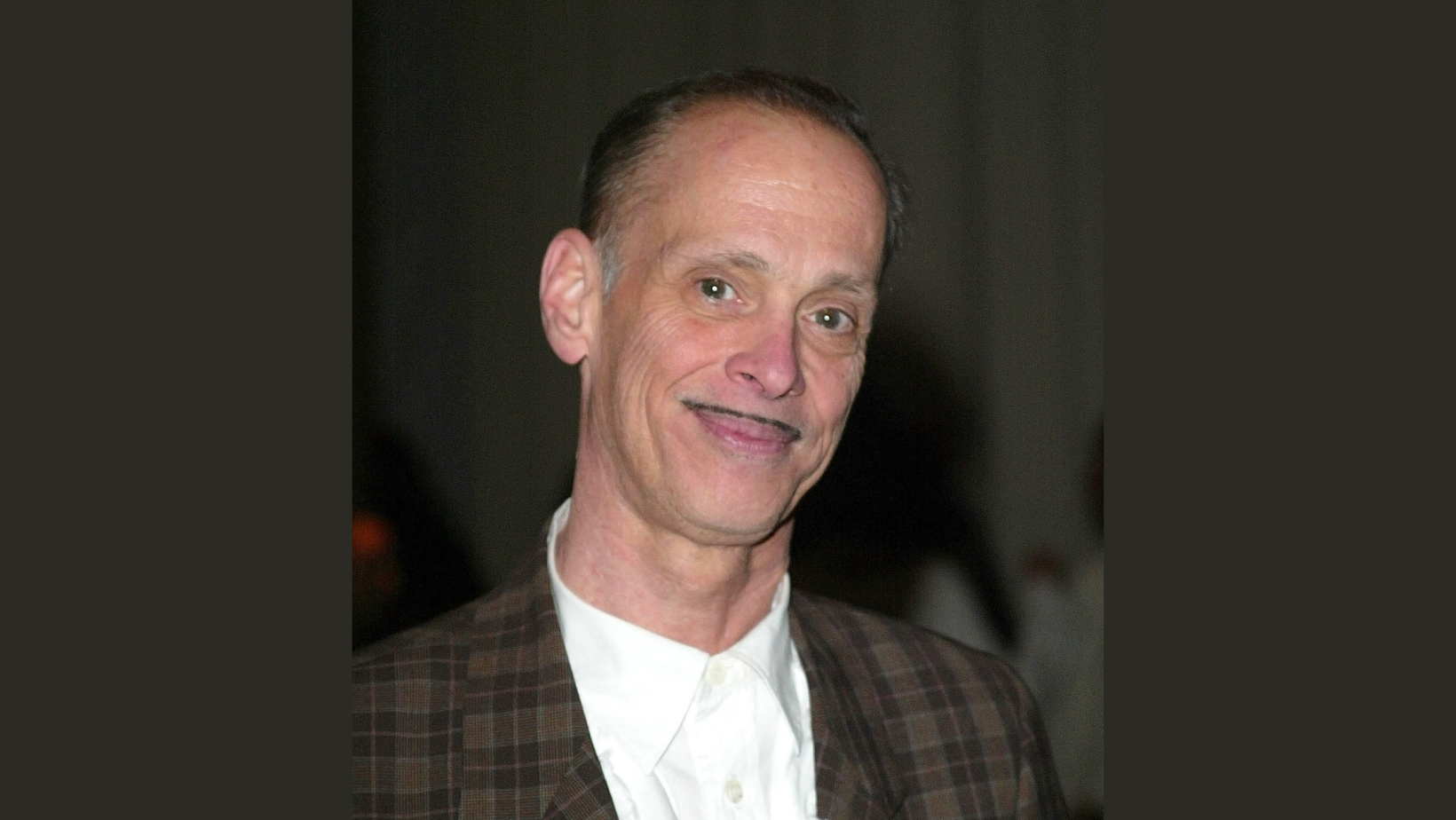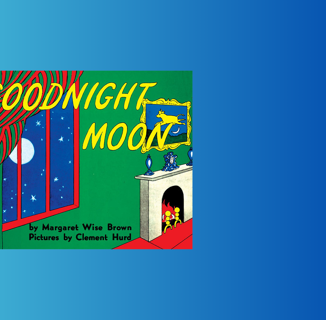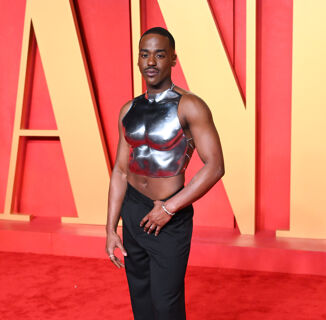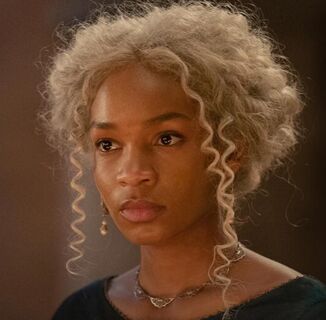John Waters recently sat down with The New York Times to promote his debut novel, Liarmouth: A Feel-Bad Romance—a road trip book about a con-artist suitcase thief who gets involved with an “insane man.” Along the way, he gave his thoughts on comedy, porn, art, cancel culture, and “turd terrorism” for trans rights.
In the interview, Waters—who describes himself as having “good bad taste”—sums up the kind of media he finds inspiring: “I want the book to be hard. I want movies to disturb me.”
His work has always reflected this—the turd eating scene in his film Pink Flamingos being the most famous example. But he also recognizes how a shocking scene like that had a different impact in 1972 than it would in the internet age, where the most heinous filth imaginable is a search bar away: “The audiences were all together, high, at midnight in cult-movie theaters. That is why it’s so different: that group experience of discovering something at the same time. There was no video; there were no computers.
“I don’t get free porn,” he goes on. “You have to pay for porn for it to work! You have to have some guilt. Porn where you can just type in the most hideous sex act you could think of and in one second it comes up for free? What’s the fun of that? I used to steal it when I was really young because I was too embarrassed to buy it. Now you click a button and it comes right up. It takes the fun out of it.”
Waters acknowledges that these days a willingness to shock and disturb puts an artist at risk of backlash, but he also agrees this is sometimes deserved. “I have a thing about who I would cancel: J.K. Rowling. Give her some Preparation H for that transphobia,” he says. “What’s the matter with her? There are people I would like to cancel, but at the same time I’m saying it humorously.”
Along these same lines, he complains that what often gets lost in progressive politics and online discourse is the humor of it all. “I’m happy at the social change, the craziness of it,” he says. “The main difference, though, is when I was young … we used political incorrectness as a weapon against our enemies, but we made fun of ourselves first. The trigger-warning crowd does not make fun.
“I’m actually for going further: We should have fecal mobs go out and perform turd terrorism to prove that we’re serious about policing pronouns.”
Waters elaborates on the power of satire: “Everything I’ve ever done is about using humor as a weapon. I don’t think I’m mean, but everything’s touchy now. When things are touchy, isn’t that when comedy gets more exciting? Always, I was trying to satirize the rules of the world I lived in. At the same time I was trying to make you laugh and to see, What are the limits?”
Comedy is also what allows him to examine himself and his own way of thinking, and censorship, he feels, can bar that process. “The right used to be my censors,” he explains. “They aren’t anymore. I don’t have any. If I did, it would be young woke liberals. But I always try to use humor to put everything in perspective because I question my own values.”
As brow-raising as Waters’s work can be, “shock” is a reductive label—his art elicits all kinds of feelings. In one instance, the interviewer describes a response to it that “isn’t arousal and also isn’t distaste.” Waters says, “That, to me, is art. You look at it and it stops you in your tracks.
“That’s what Andy Warhol’s soup can did. That’s what Jackson Pollock’s paintings and Cy Twombly’s scribbling did. That’s the kind of art I like: the oh, my God.”
Help make sure LGBTQ+ stories are being told...
We can't rely on mainstream media to tell our stories. That's why we don't lock our articles behind a paywall. Will you support our mission with a contribution today?
Cancel anytime · Proudly LGBTQ+ owned and operated
Read More in
The Latest on INTO
Subscribe to get a twice-weekly dose of queer news, updates, and insights from the INTO team.
in Your Inbox














